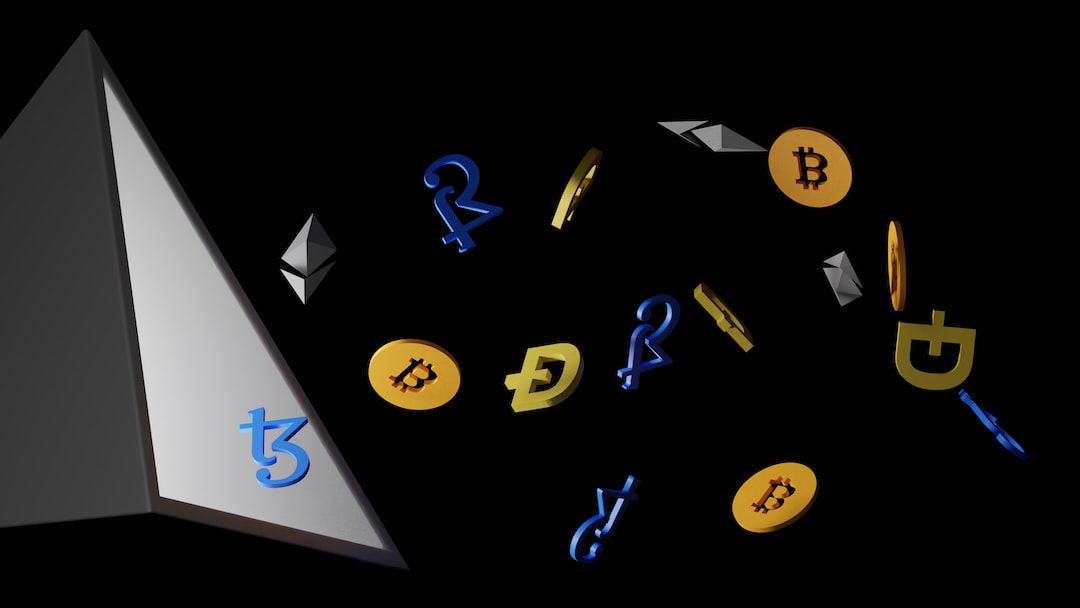PayPal Launches PYUSD: A Game-Changer or Cause for Concern?
PayPal’s recent introduction of its native stablecoin, PayPal USD (PYUSD), has sparked intense debate within the crypto industry. While some see it as a significant step toward wider crypto adoption in mainstream finance, others urge caution due to potential hurdles and limitations.
What is PYUSD?
PYUSD aims to bridge the gap between fiat and digital currencies for consumers, merchants, and developers. It facilitates various transactions, including payments, fund transfers, and crypto conversions. Designed as an ERC-20 token on the Ethereum blockchain, it offers compatibility with popular exchanges, wallets, and Web3 applications.
Effect on the Industry
The launch of PYUSD by PayPal signifies a major payments company embracing blockchain technology and establishing stablecoins as a mainstream product. This move could encourage other payments companies to follow suit and lead to the introduction of more use cases for stablecoins across multiple systems.
However, there are concerns about the potential for increased regulation and compliance requirements. Some worry that PayPal’s entry into the stablecoin space could lead to tighter oversight and limit the freedom associated with cryptocurrencies.
DeFi’s Potential to Serve the Unbanked
While PayPal’s stablecoin has the potential to bridge the gap between traditional finance and digital assets, there are concerns about its centralized nature and lack of involvement in decentralized finance (DeFi). DeFi has the power to provide financial services to unbanked populations worldwide, but regulatory issues remain a barrier to its widespread adoption.
In conclusion, while PayPal’s stablecoin has generated excitement within the crypto community, there are both positive and negative aspects to consider. The impact on wider adoption of cryptocurrencies and the financial ecosystem remains to be seen.
Hot Take: The Future of PYUSD
PayPal’s launch of PYUSD has stirred up the crypto market, with mixed opinions about its potential. While some see it as a significant step toward mainstream adoption, others have concerns about regulatory scrutiny and limitations. Additionally, the current ranking and sentiment surrounding PYUSD suggest that it still has a long way to go before becoming a household name in the blockchain arena. Only time will tell how impactful PYUSD will be for the financial ecosystem and whether it can truly bridge the gap between traditional finance and digital assets.





 By
By
 By
By

 By
By
 By
By